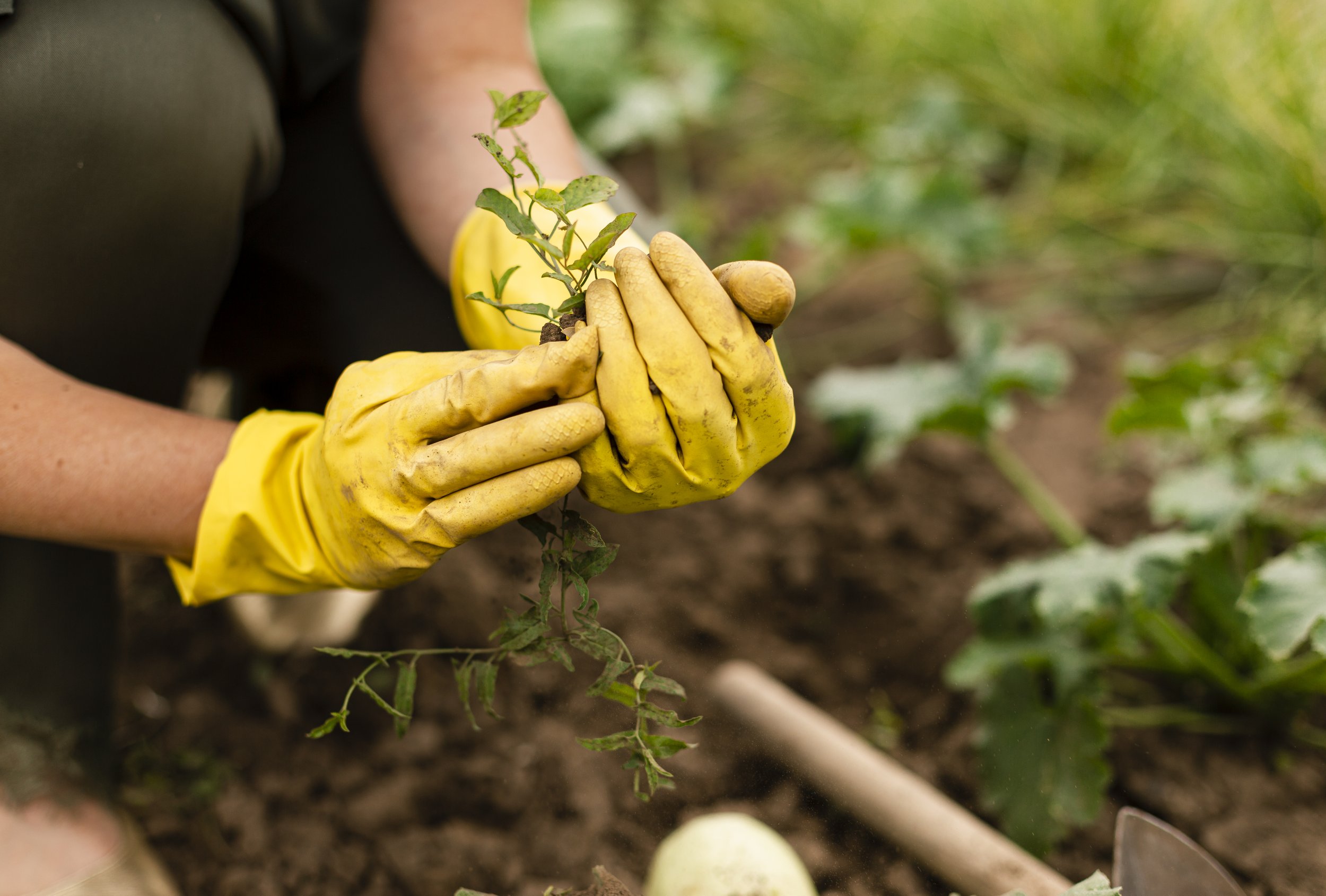For decades, gardening was considered to be a lone or family-oriented activity. This changed with the introduction of community gardens. Community gardens encourage collaboration, sustainability, and community health. They are not just gardens where food is grown; they are spaces where individuals share, learn from one another, and support each other. This blog explains how collaborative gardening activities build neighborhoods, enhance sustainability, and offer educational significance.
1. Strengthening Social Bonds Through Shared Spaces
Community gardens bring together people from various backgrounds, fostering relationships that otherwise may not be formed. People collaborate, exchange ideas and gardening tips, transcending social barriers. Research has shown that engaging in community gardens strengthens neighborhood bonding, civic engagement, and a sense of belonging. Community gardens offer a support network where individuals can trust one another, both gardening knowledge and emotional support.
2. Food Security: Empowering Communities to Grow Their Own Food
One of the most tangible benefits of community gardening is increased food security. Urban communities are frequently in short supply of fresh, affordable produce, leading to dietary inadequacies. Community gardens provide residents with a healthy, sustainable way of growing fruits and vegetables for themselves, independent of pricey grocery stores. Studies have determined members of community gardening to consume greater amounts of fresh produce and overall healthy foods.
3. Educational Opportunities for All Ages
Community gardens are converted into outdoor classrooms where children and adults become familiar with agriculture, diet, and the environment. Schools also cooperate with community gardens to inform students about plant life, sustainability, and healthy diet. Workshops on composting, water conservation, and organic farming also inform community members about sustainable living.
4. Environmental Benefits of Urban Green Spaces
Green spaces, like community gardens, minimize the environmental impact of urbanization. They improve air quality, enable biodiversity, and lower the urban heat island effect. Through the introduction of more vegetation in cities, community gardens make cities more climate-resilient while producing cooling advantages and stormwater absorption.
5. Mental and Physical Health Benefits of Gardening
Gardening has been linked to a broad array of physical and mental health benefits. The physicality of planting, weeding, and harvesting enhances cardiovascular health, and proximity to nature reduces stress and anxiety. Studies show that gardening enhances mood, reduces depression, and life satisfaction.
Conclusion
More than providing fresh produce, community gardens foster relationships, facilitate learning, and promote environmental stewardship. Community gardens transform neighborhoods into interconnected spaces where people trade resources, expertise, and experience. By the experience of a community garden, individuals are not merely putting their money into crops but into their communities for a




